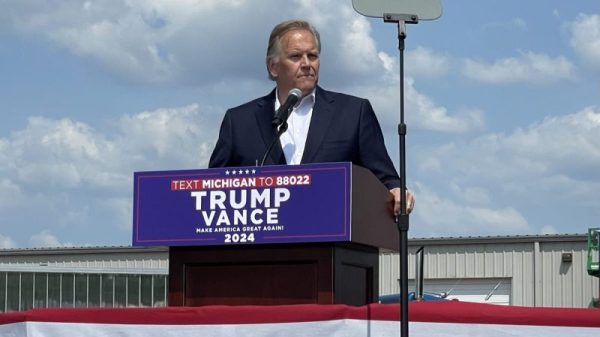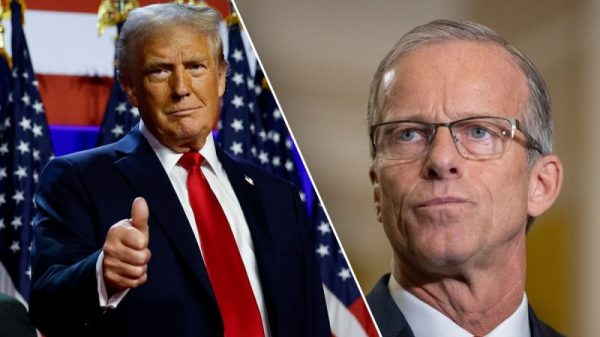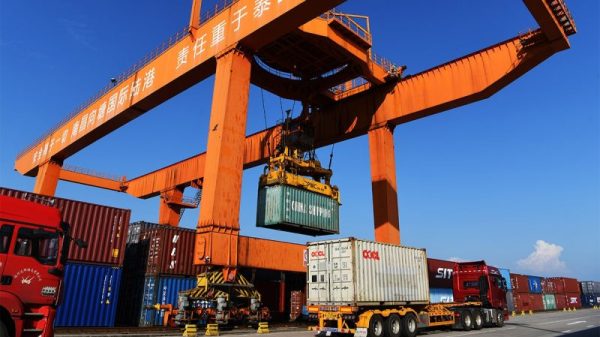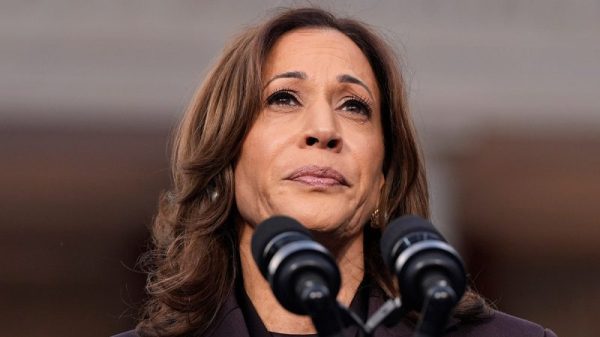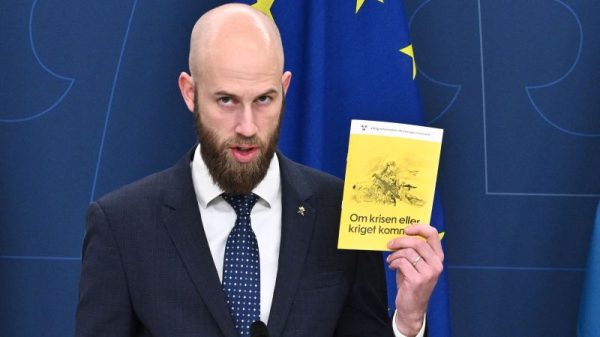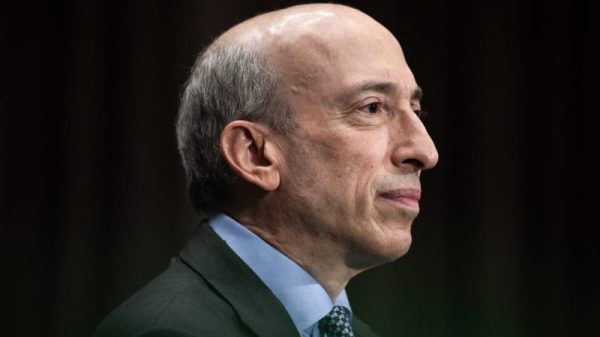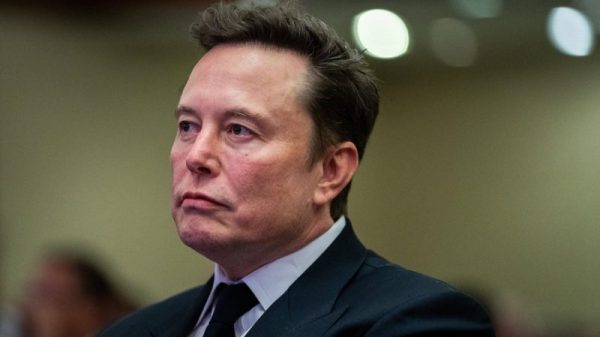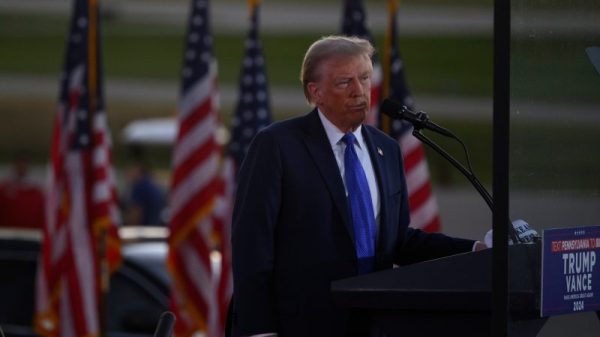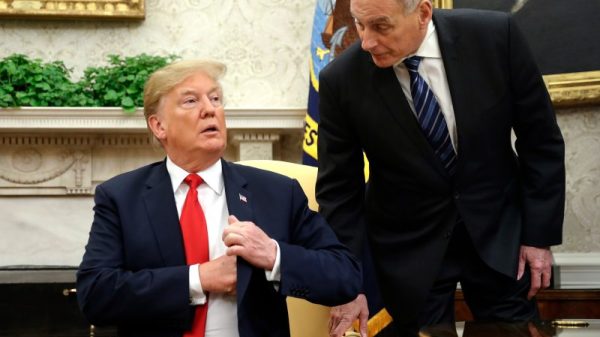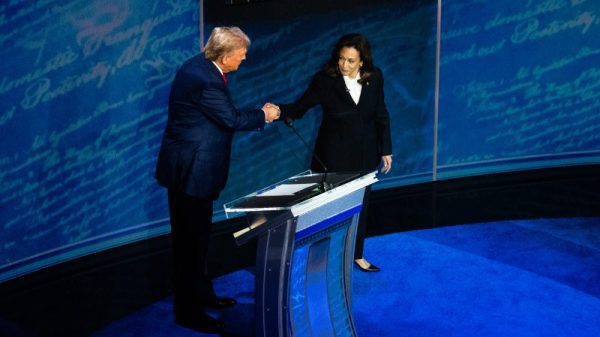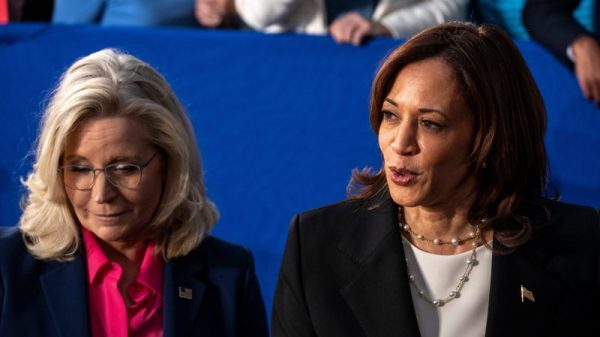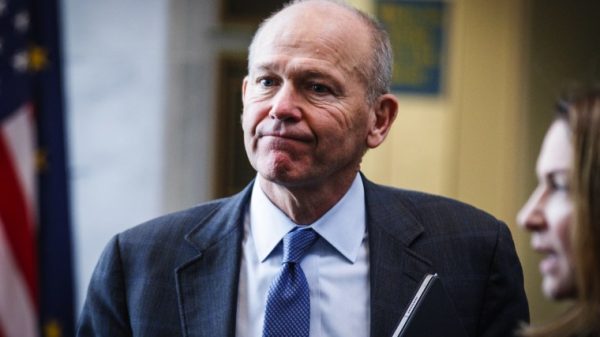 Narendra Modi is presently one of the most influential and widely known figures in Indian politics. As the incumbent Prime Minister of India, he has been at the helm of the country’s leadership since 2014 when his party, Bharatiya Janata Party (BJP), registered an overwhelming victory in the general elections.
Narendra Modi is presently one of the most influential and widely known figures in Indian politics. As the incumbent Prime Minister of India, he has been at the helm of the country’s leadership since 2014 when his party, Bharatiya Janata Party (BJP), registered an overwhelming victory in the general elections.
Known for his charismatic leadership and passionate speeches, Modi has a strong following, particularly among India’s youth, who view him as a leader committed to driving significant change in the country. His ambitions for India are clear and he has set out to build a nation that is clean, corruption-free, and economically powerful.
As a visionary and a reformist, Modi embarked on several transformative initiatives during his first two terms. These include introducing the Goods and Services Tax (GST) to simplify the tax structure, instituting initiatives like ‘Make in India’ to boost the nation’s manufacturing sector and employment, and launching ‘Swachh Bharat Abhiyan’, a nationwide cleanliness campaign.
However, his tenure has not been without criticism and controversy. Detractors point towards a rise in communal tensions under his leadership, his government’s implementation of controversial measures like the Citizenship Amendment Act (CAA), which drew global attention due to large-scale protests, and an alleged effort to centralize power.
Moving forward, if he manages to secure a third term, it will be intriguing to see how Modi addresses these challenges while also continuing his focus on national transformation. Regardless of these challenges, there is no denying



